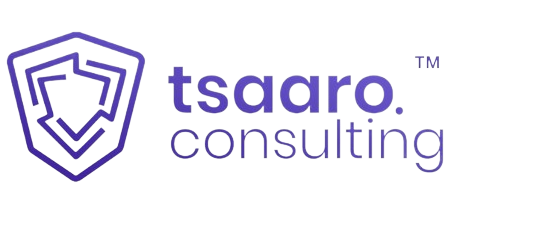California Privacy Laws
The California Consumer Privacy Act of 2018 (CCPA) and the California Privacy Rights Act (CPRA) are laws that impact businesses or organizations that handle the personal data of California residents, regardless of the location of the business. While complying with CCPA and CPRA can be challenging, it is essential for organizations to avoid legal and financial penalties.

What Are The CCPA and CPRA?
The California Consumer Privacy Act of 2018 (CCPA) and the California Privacy Rights Act (CPRA) are data privacy regulations that replace existing California data privacy laws. CCPA grants Californians the right to access, delete, and opt-out of the sale of their personal information. CPRA enhances CCPA requirements by adding the right to correct inaccurate personal data and restricting the sharing of sensitive information.
Businesses must implement appropriate data security practices and maintain records of processing activities. Regular risk assessments and data minimization practices are also mandated for businesses. Compliance with these regulations is necessary to avoid penalties and ensure customer privacy protection.


Why Does Your Organization Need To Be CCPA and CPRA Compliant?
As a business owner, you may be curious why compliance with the California Consumer Privacy Act of 2018 (CCPA) and California Privacy Rights Act (CPRA) is crucial. The answer is simple, yet crucial: by following these regulations, you can earn your customers’ trust and ensure their sensitive information is well-protected. Plus, hefty fines and penalties are possible for non-compliance, making it even more essential to stay on the right side of the law.
Non-compliance with CCPA and CPRA can result in severe penalties and fines of up to $7,500 per violation. The regulations also provide Californians with the right to take legal action against businesses for data breaches that result in unauthorized access to personal information.
How CCPA and CPRA Impacts You and Your Business
Complying with Consumer Rights and requirements such as:
- Maintaining Accurate Records of Personal Information.
- Acting on request of consumer within 45 days.
- Reporting Data Breaches to Both, Authorities and Consumer.
- Maintaining Data Processing Records.
- Implementing Privacy by Design principles in your organization’s systems.

Our Approach
Our approach is founded upon a bedrock of unparalleled expertise and cutting-edge technology. Our team of certified Privacy specialists conducts a comprehensive assessment to identify intricate areas of non-compliance and develop a tailored compliance plan that precisely meets your unique business needs.
Our team of certified Privacy Experts will conduct a comprehensive assessment to determine your organization’s level of compliance to CCPA and CPRA. We will identify gaps and provide recommendations to strengthen your approach to data protection and privacy.
We understand that every business is unique, so we create a compliance strategy as per CCPA AND CPRA requirements, tailored to your specific needs. Our team will work with you to identify areas that require attention and develop a comprehensive compliance plan.
Our team provides hands-on support and guidance throughout the implementation process. We help you streamline your processes and ensure your compliance plan is executed effectively.
We offer training programs that provide your employees with an understanding of CCPA and CPRA compliance requirements. Our programs are tailored to your organization and help ensure your staff are equipped with the knowledge needed to remain compliant.
We offer continuous monitoring of your compliance plan to ensure adherence to requirements. Our team will identify any areas of non-compliance and provide recommendations for remediation. Regular monitoring helps reduce the risk of costly data breaches and maintain CCPA and CPRA compliance.
We utilize advanced automation tools such as OneTrust, BigId, Exterro, and DiveBell for our CCPA & CPRA compliance service. These industry-leading tools reduce manual effort, increase accuracy, and minimize human error, ensuring that we exceed industry standards. Additionally, we provide implementation support to ensure your team can fully utilize these tools.
Why Us?

Leading Industry Experts.

Diverse International Clientele.

Integrated Legal & Cybersecurity Expertise

Trusted by Large Corporation.

Leading-Edge Privacy Tools.
How Tsaaro Helps You
See How We Can Assist You with CCPA and CPRA
- Formulate strategy for regulatory adherence.
- Create and Implement Data Privacy Policies and Procedures.
- Auditing Your Existing Privacy Programs
- Conduct Risk Assessments with Third-Party.
- Comprehend Implications of International Data Transfers.
- Manage Data Access Rights with automated tools.
- Train Your Staff In CCPA and CPRA Compliance.
We help you to grow your business faster & easier.




